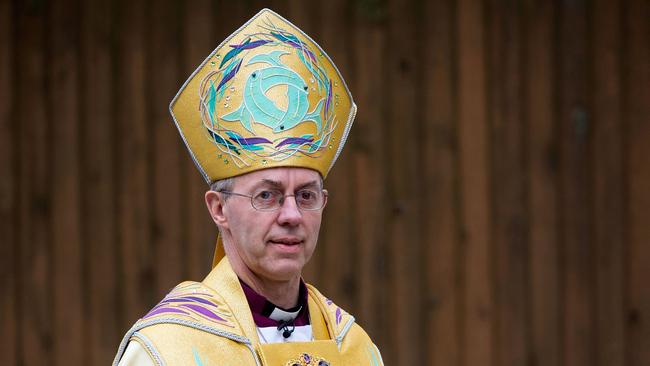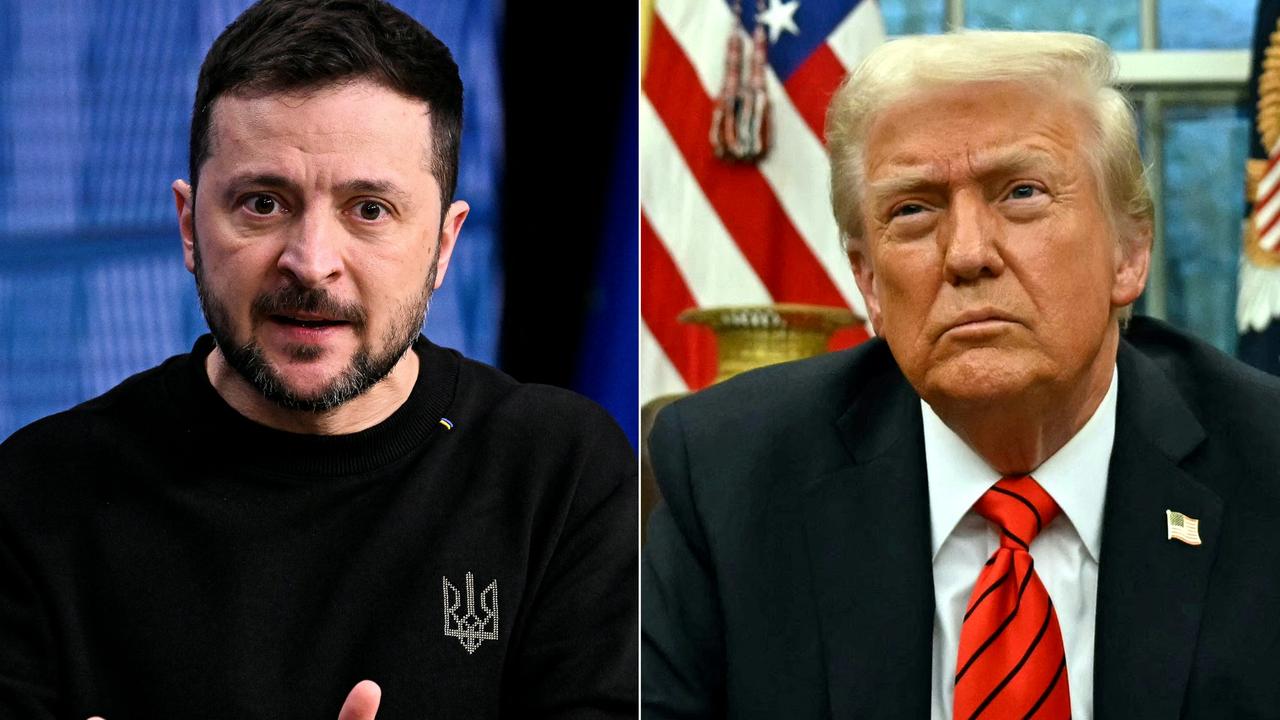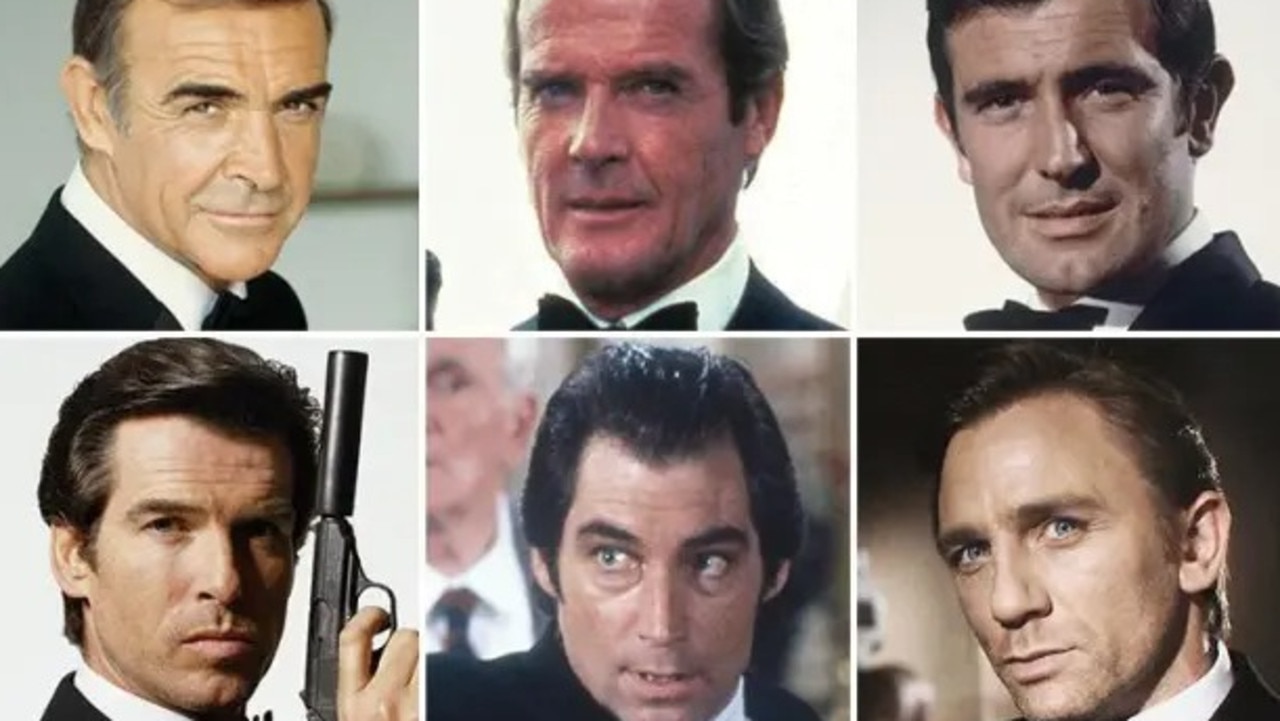Church of England declines to back same-sex marriage
It will allow priests to bless gay couples, the furthest it can go without changing doctrine, it said.

The Church of England won’t allow same-sex weddings to take place in church, but will allow priests to bless couples who have married in a civil ceremony, the latest chapter in a continuing debate over LGBTI rights across various Christian churches.
After a six-year debate on the issue, the church said late on Wednesday that bishops had decided not to change the church’s fundamental teaching “that holy matrimony is between one man and one woman for life”. It said the blessing by a priest was the furthest it could go without changing church doctrine.
Archbishop of Canterbury Justin Welby said the move would “appear to go too far for some and not nearly far enough for others,” but said he hoped it would be seen as a change for the common good. The church said it also planned to apologise later this week to “LGBTQI+ people for the ‘rejection, exclusion and hostility’ they have faced in churches and the impact this has had on their lives.”
Debates over homosexuality have roiled the Anglican communion, a global family of churches with an estimated 100 million members. While the Church of England is the historical progenitor, it doesn’t exercise authority over other members of the Anglican communion, unlike the Catholic Church which has a governing structure.
A number of Anglican churches, including the Episcopal Church in the US, permit same-sex marriage and the ordination of openly gay clergy. Elsewhere in the UK, the Scottish Episcopal Church and the Presbyterian Church of Scotland both allow same-sex weddings. The Anglican Church in Wales allows blessings of same-sex relationships but not same-sex marriage.
But many Anglican churches in Africa and elsewhere in the global south oppose those practices on the grounds that they are contrary to Scripture. Last summer, bishops from Nigeria, Uganda and Rwanda — which represent an estimated 44 million of the world’s 100 million Anglicans, according to the World Christian Database — boycotted the Lambeth Conference, the periodic gathering of Anglican leaders, to protest the presence of churches with liberal teaching and practice on homosexuality.
A prominent advocate for same-sex marriage in the Church of England criticised the bishops’ decision on Wednesday.
“The inconsistency and incoherence of their proposals should be obvious to everyone and will please no one, neither the conservatives nor the progressives,” said the Reverend Andrew Foreshew-Cain, chaplain of Lady Margaret Hall, University of Oxford, who has been in a same-sex marriage under civil law since 2014. “It will not end the debate and the struggle in the CofE, and indeed may well simply make it more difficult for everyone.”
Jayne Ozanne, a prominent gay Anglican, said the decision would still leave same-sex couples feeling discriminated against. But Christian Concern, an advocacy group that has campaigned against same-sex marriage, called the move a “capitulation,” and said it was “making way for the celebration of ‘same-sex marriage’ in all but name.”
England and Wales legalised same-sex marriage in 2013, followed shortly after by Scotland, prompting UK advocates for same-sex marriage to say it was time for the church to follow suit. Some bishops had spoken out in favour of the change, as had a number of members of British parliament. The Church of England is the country’s established church and is supported by public funds.
Last year, conservative members of the United Methodist Church left to establish the Global Methodist Church, which holds traditional stands on same-sex marriage and LGBT clergy.
In the Catholic Church, calls by German bishops for the ordination of women and the blessing of same-sex relationships have alarmed conservatives, including African bishops, who have emerged as a bloc in defence of traditional teaching.
The Wall Street Journal


